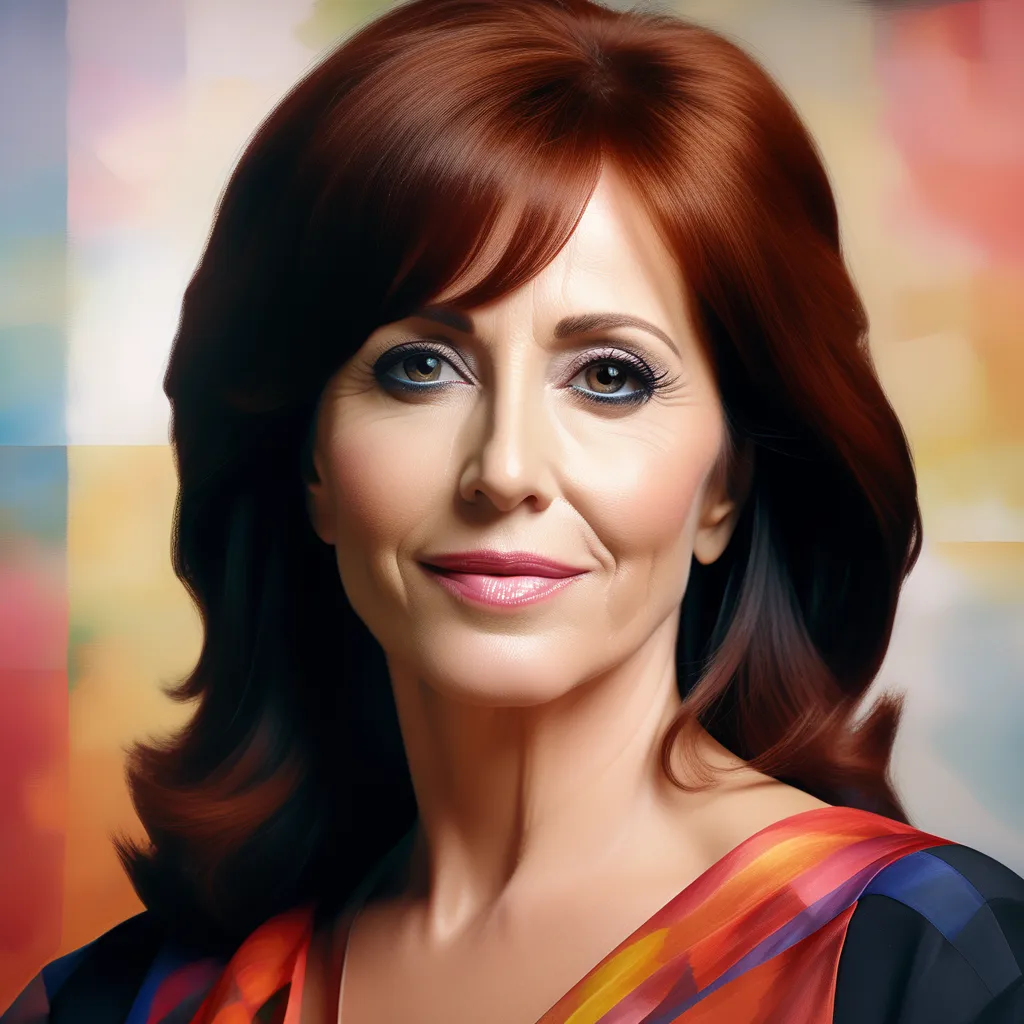Cristina Fernández de Kirchner: A Political Force
In the realm of Argentine politics, few figures have commanded as much attention and sparked as much debate as Cristina Fernández de Kirchner. With a career that spans political offices and an enduring impact on the country's landscape, let's delve into the narrative of this political force, exploring her journey, achievements, and the complexities that define her legacy.

An Unexpected Political Journey
From Law to Politics
Cristina Fernández de Kirchner's journey into politics wasn't a meticulously planned ascent. Trained as a lawyer, her early career was centered around academia and legal practice. However, destiny had other plans. The sudden death of her husband, Néstor Kirchner, the then-president of Argentina, catapulted her into the political spotlight.
Personal anecdote time: The unpredictable nature of her political journey made me reflect on life's twists and turns. It reminded me of stories where individuals are thrust into roles they hadn't anticipated, navigating uncharted territories with determination.
Presidential Tenure: A Decade of Leadership
The Kirchner Era
Cristina Fernández de Kirchner served as the President of Argentina from 2007 to 2015, succeeding her husband. Their joint political legacy, known as the Kirchnerismo movement, aimed at addressing economic disparities, social inequality, and reasserting Argentina's role on the global stage. Cristina's presidency witnessed significant policy shifts and reforms, making her a pivotal figure in Argentine politics.
Here's a thought: Reflecting on the Kirchner era, I thought about the dynamics of political partnerships. It made me consider the unique challenges and opportunities that arise when a leader follows in the footsteps of their predecessor, especially within a familial context.
Economic Policies and Criticisms
Navigating Economic Challenges
Cristina Fernández de Kirchner faced economic challenges during her presidency, marked by inflation, currency fluctuations, and tensions with international creditors. Her policies, including nationalization of key industries, drew both support and criticism. The complexities of managing a nation's economy underscored the intricacies of governance.
Personal insight: The economic challenges resonated with my own experiences of witnessing shifts in political and economic landscapes. It made me think about the delicate balance leaders must strike in implementing policies that aim for both progress and stability.
Social Programs and Advocacy
Championing Social Causes
One of Cristina's notable contributions was her emphasis on social programs aimed at alleviating poverty and improving healthcare and education. Her advocacy for inclusive policies sought to address longstanding social inequalities. However, these initiatives also faced scrutiny, with debates surrounding their effectiveness and financial sustainability.
Food for thought: Considering Cristina's emphasis on social causes, I pondered the inherent challenges of trying to bring about positive change on a broad scale. It made me question the perpetual debate between the urgency of action and the need for sustainable, long-term solutions.
Legacy and Continued Influence
Beyond Presidency
Even after leaving the presidency, Cristina Fernández de Kirchner continues to wield influence in Argentine politics. Her role as Vice President, alongside President Alberto Fernández, signifies a continuing chapter in her political journey. The legacy she leaves and the ongoing impact of Kirchnerismo shape the political landscape of Argentina.
Closing reflection: Contemplating Cristina's continued influence, I thought about the enduring nature of political legacies. It made me realize that the impact of leaders extends beyond their time in office, shaping the trajectory of a nation for years to come.
Cristina Fernández de Kirchner's story is one of unexpected turns, leadership in challenging times, and a lasting imprint on Argentine politics. As we navigate the twists and complexities of her political journey, we witness a figure who, whether admired or critiqued, remains an undeniable force in shaping the narrative of a nation. The story of Cristina Fernández de Kirchner is a reminder that political landscapes are dynamic, shaped by individuals who navigate the intricate dance of power, policy, and public perception.<

No comments:
Post a Comment